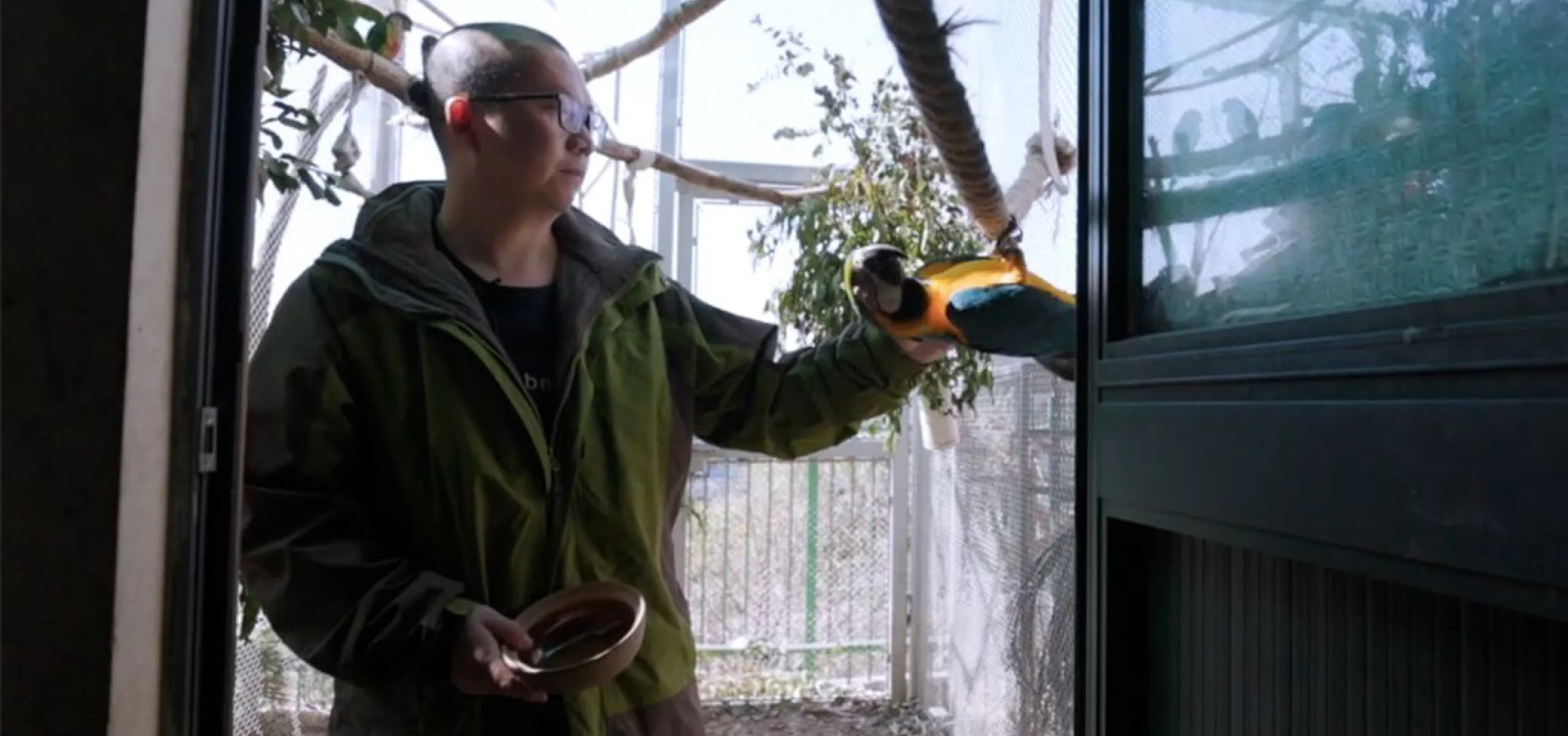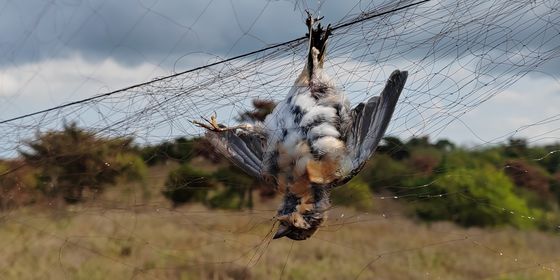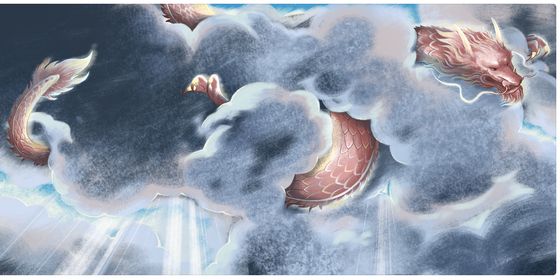From observing giant pandas in the high-altitude forests of Sichuan to raising baby badgers in Nanjing city—what’s it like working to protect wildlife in China?
Many of us have taken an interest in animals as children or tried raising them at home: if not chicks, ducklings, kittens, or puppies, then it might’ve been goldfish or tadpoles.
Today’s narrator is Chen Yuelong, who was born in the 1980s and grew up in Beijing. He has had a lifelong obsession with animals. When other children were going through the familiar motions of catching tadpoles and petting dogs, the young Chen was already camped out in bookstores engrossed in The Complete Guide to Caged Poultry and Tortoise and Turtle Care.
He kept whatever species he could in a city apartment, and outside of school, he could occupy himself for hours at parks, live markets, and zoos, developing a keen eye for observing animal behavior. As an adult, Chen’s job fulfills precisely many of our childhood dreams: He is an animal rescue worker at the Hongshan Zoo in Nanjing.
-1-
What does a hippo’s tail look like?
I grew up in Beijing, near Taoranting Park. When I was little, I would go for walks in the park, where I encountered many kinds of animals. There were tadpoles, lizards, kingfishers, as well as some bizarre-looking birds, like the hoopoe with its long, thin beak and large crest—quite pretty, actually.
I remember one time I went to the Beijing Zoo to see the hippos, but they stayed submerged in the water the whole time and wouldn’t come out. I had a sudden thought: What did the hippo’s tail look like? So I ended up waiting and waiting by the hippo exhibit, just to catch a glimpse of their tails.
At last, after four long hours, a hippo came out of the water. I saw its tail: It was wrinkly, with a bit of hair on it. I can’t picture the scene very well anymore, but I remember clearly the fact that I waited so long at the zoo just to see a hippo’s tail.
I studied biotech in college, in part because I couldn’t test into other departments. I settled by picking something that sounded somewhat animal-related.
But I regretted this as soon as I started college, because that field was primarily concerned with the microscopic world—there’s actually no contact with animals at all. During that period, my only consolation was volunteering at the Beijing Zoo.
After graduating from college, I started at a biotech company, researching antibodies—something I had absolutely no interest in. Work was torture for me: as soon as the day started, I was already looking forward to it ending. Whenever I had a spare moment, I would go on my phone and watch videos about animal care.
I stayed at that company for not quite six months before I quit. I felt I had to go work with animals, do something I actually liked. Then someone told me, “There’s a wildlife rescue center you can work at,” so I went.
That job wasn’t as you might imagine, with tons of applicants competing for the position. In reality, there weren’t all that many people who wanted to do the work. The person who recruited me told me the pay wasn’t so great, but I was still pretty set on it. I simply felt I was meant to do this kind of thing.
At the time I was 23. It wasn’t so important how much I made—pursuing my dreams was the more important thing.













